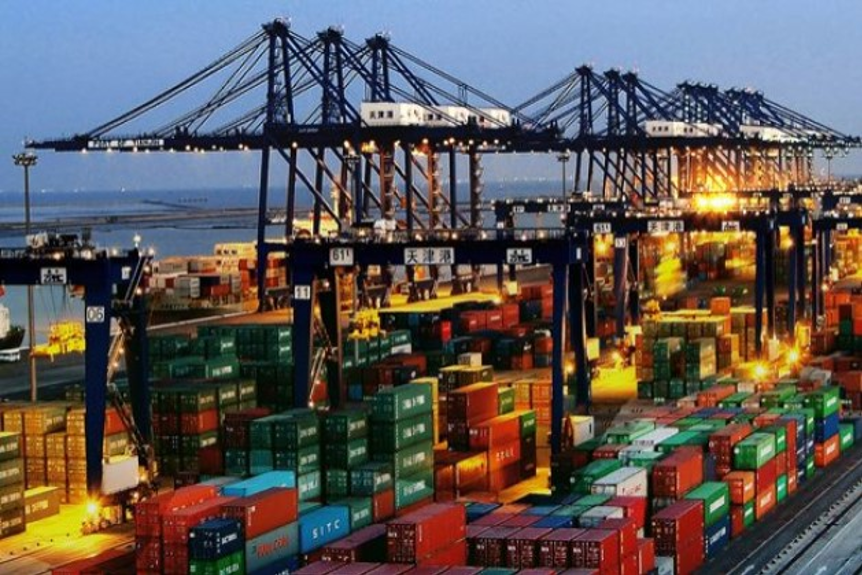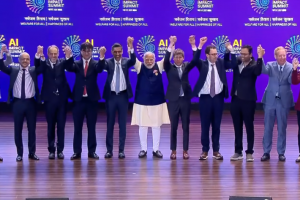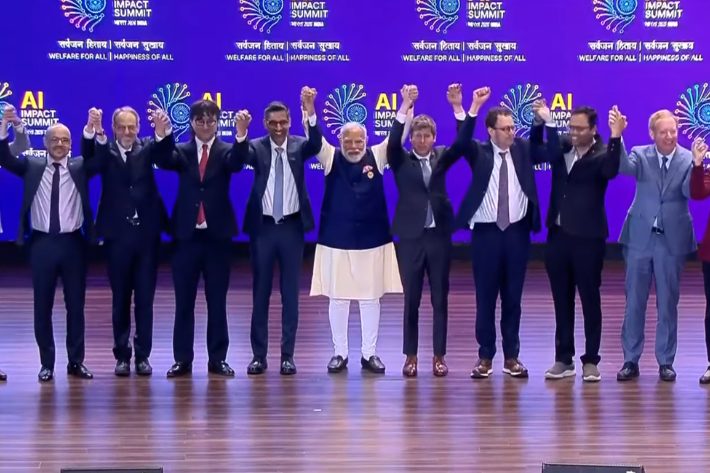US goods exports to China fell in December, cementing a massive shortfall in Beijing’s two-year purchase commitments under the “Phase 1” trade deal negotiated by former president Donald Trump’s administration.
The US Census Bureau said on Tuesday that the country’s 2021 goods trade deficit with China rose by $45 billion, or 14.5%, to $355.3 billion, the largest since a 2018 record of $418.2 billion.
The 2020 gap was $310.3 billion, a 10-year low driven by coronavirus pandemic lockdowns.
The global US trade deficit in 2021 surged 27% to a record $859.1 billion as businesses restocked inventories to meet robust demand.
No Extra Purchases
The data showed China missed by far its commitments to purchase an additional $200 billion worth of US farm and manufactured goods, energy and services above 2017 levels – the year before a bitter trade war embroiled the world’s two largest economies.
The purchase commitments were the centrepiece of Trump’s Phase 1 trade deal with China, which launched in mid-February 2020 and halted a threatened escalation of tariffs.
The deal also called for China to grant increased US market access to its agricultural biotechnology and financial services sectors and mandated some intellectual property protection improvements.
An analysis of final 2021 Census trade data compiled by economist Chad Bown of the Peterson Institute for International Economics showed China met just 57% of its full two-year goods and services targets.
Beijing’s purchases of the goods, energy and services targeted in the Phase 1 agreement were not even enough to return to China’s baseline 2017 level of purchases of US imports after retaliatory tariffs had eroded them in 2018 and 2019, he said.
“Put differently, China bought none of the additional $200 billion of exports Trump’s deal had promised,” Bown said in his analysis.
China exceeded the 2017 baseline in agricultural purchases, but only reached 83% of the $73.9 billion two-year farm goods target, Bown’s analysis showed.
Services Exports Fall
Services exports to China, which had been a bright spot for US trade, fell sharply as the pandemic slashed Chinese tourism and business travel to the United States and cut the flow of Chinese students to US universities, reaching only 52% of the target.
The US Trade Representative’s office and China’s embassy in Washington did not immediately respond to queries about the data.
Deputy US Trade Representative Sarah Bianchi said last week it was “really clear that the Chinese haven’t met their commitment in Phase 1” and the Biden administration was working with Chinese officials to address the matter.
US officials said on Monday they wanted concrete action from Beijing to close the shortfall in its purchase commitments and would continue current talks if Chinese officials “show serious intent to reach an agreement on their purchase commitments.”
Tariffs in Phase 1 Deal
China has sought the removal of tariffs on hundreds of billions of dollars of goods that were left in place by the Phase 1 deal.
The agreement contains a clause that the two parties “project that the trajectory of increases” in China’s purchases “will continue in calendar years 2022 through 2025” without specific targets.
Former USTR chief of staff Jamieson Greer, who helped negotiate the Phase 1 deal, said that clause could be used to pursue “retrospective enforcement for what’s been missed.”
“It’s in the interest of the administration to pursue enforcement,” said Greer, a trade lawyer with King and Spalding.
“With a few kind of narrow exceptions, we haven’t really seen that much enforcement” on trade matters from the Biden administration, he added.
- Reuters with additional editing by Jim Pollard
ALSO READ:
























